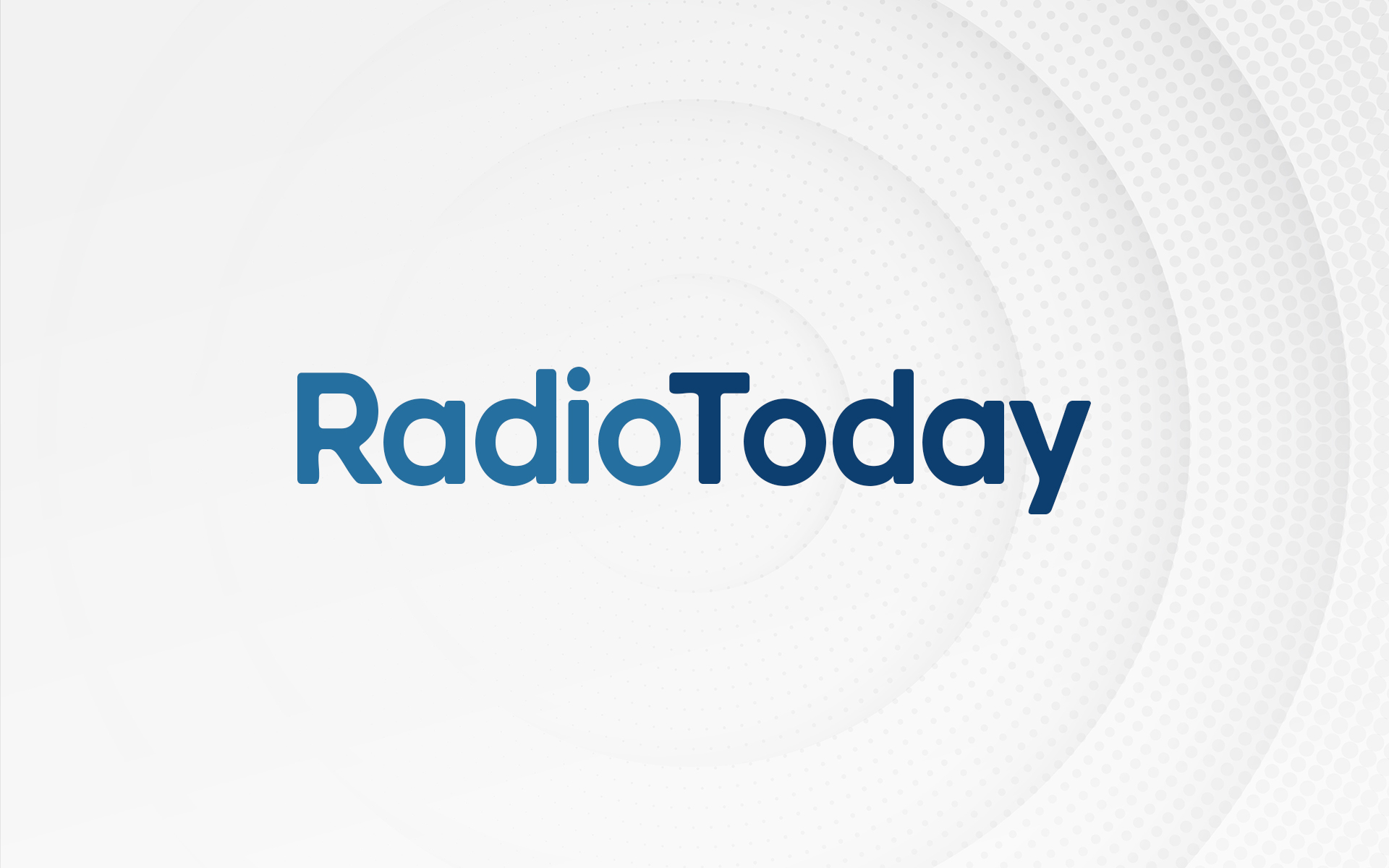
Since Ofcom was established in 2003, the licensing of radio restricted service licences (RSLs) has been under the guidelines of the old Radio Authority. Today Ofcom launch a new consultation on the future of RSL broadcasting – including proposals to reduce restrictions on allowing commercial establishments to be granted long-term-RSLs (L-RSLs)
Other proposals include to reduce restrictions on licensing short-term RSLs (S-RSLs) in areas where Ofcom is advertising a new commercial radio licence or where a new commercial or community radio service has been, or is due to be, launched. Currently the rule says that no S-RSLs will normally be licensed within the coverage area of any new commercial or community radio service from one month prior to the launch to three months after the launch.
The consultation reviews the licensing of RSLs with the aim of proposing some options to resolve these issues and introduce a more consistent approach across radio licensing. The consultation also asks for views on the approach Ofcom should take when multiple applications are received for short-term RSLs to cover the same event in the same location, for example during Ramadan.
Ofcom are also looking at offering RSL licences for unused spectrum between 55 and 68 MHz for possible uses including private business radio – under the banner of the Audio Distribution Systems (ADS). ADS are very short-range services (for use within a particular building) which share the spectrum between 60.75 to 62.75 MHz with Programme Making and Special Event (PMSE) users. They are usually available on a commercial basis (the mobile receivers are sold to users) to enable spectators at a particular sports event to listen in to the referees? commentary, or to hear a relay of content which is already subject to the provisions of a Broadcasting Act licence. However, there are alternative uses, for example translations of a conference presentation. ADS may not be used for self-generated content or commercial messages. ADS are licensed for multiples of five days. There is no restriction (other than frequency availability) on how many consecutive licences any individual or company may hold.
The full consultation can be downloaded in PDF format by clicking here.


